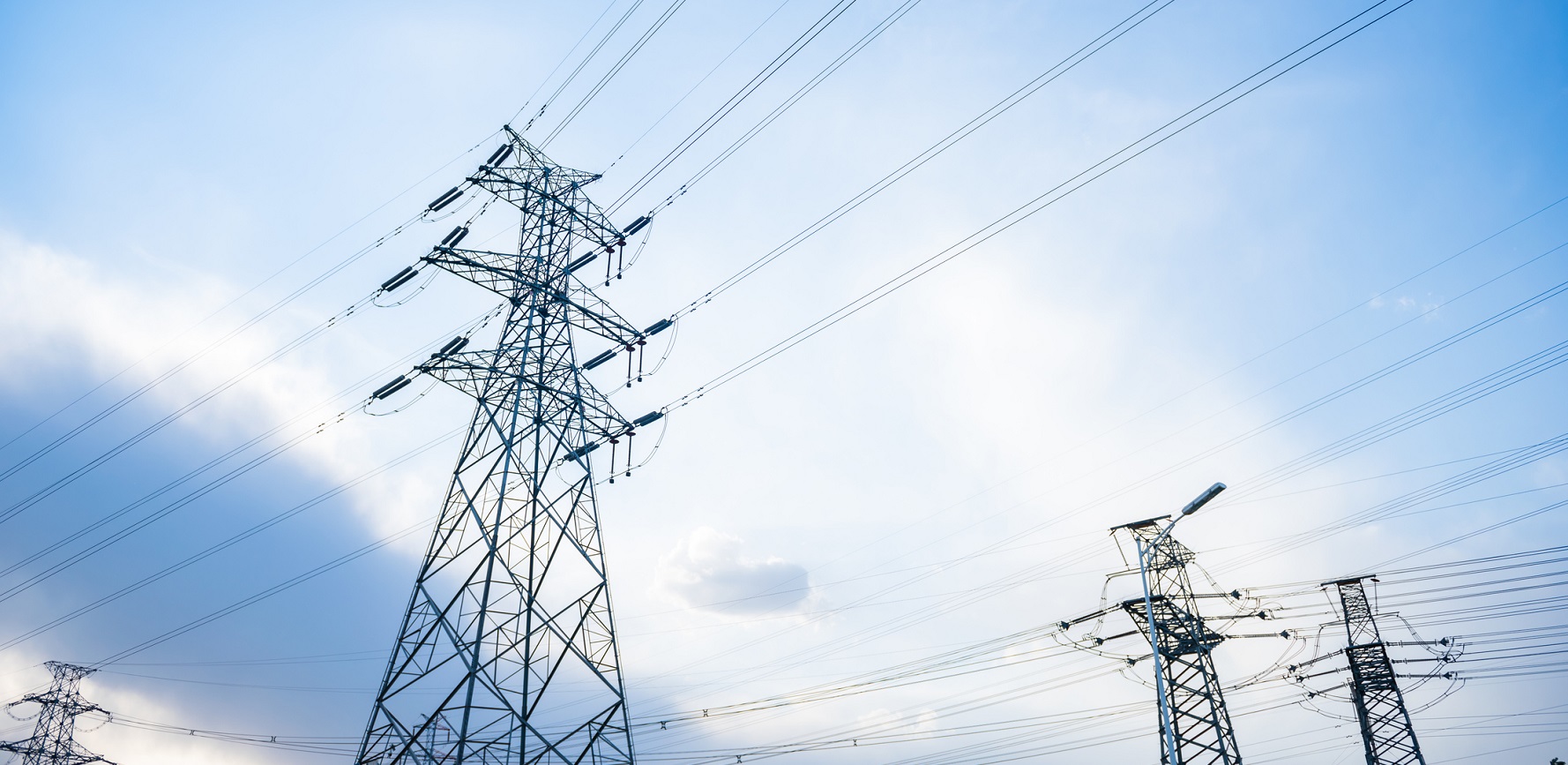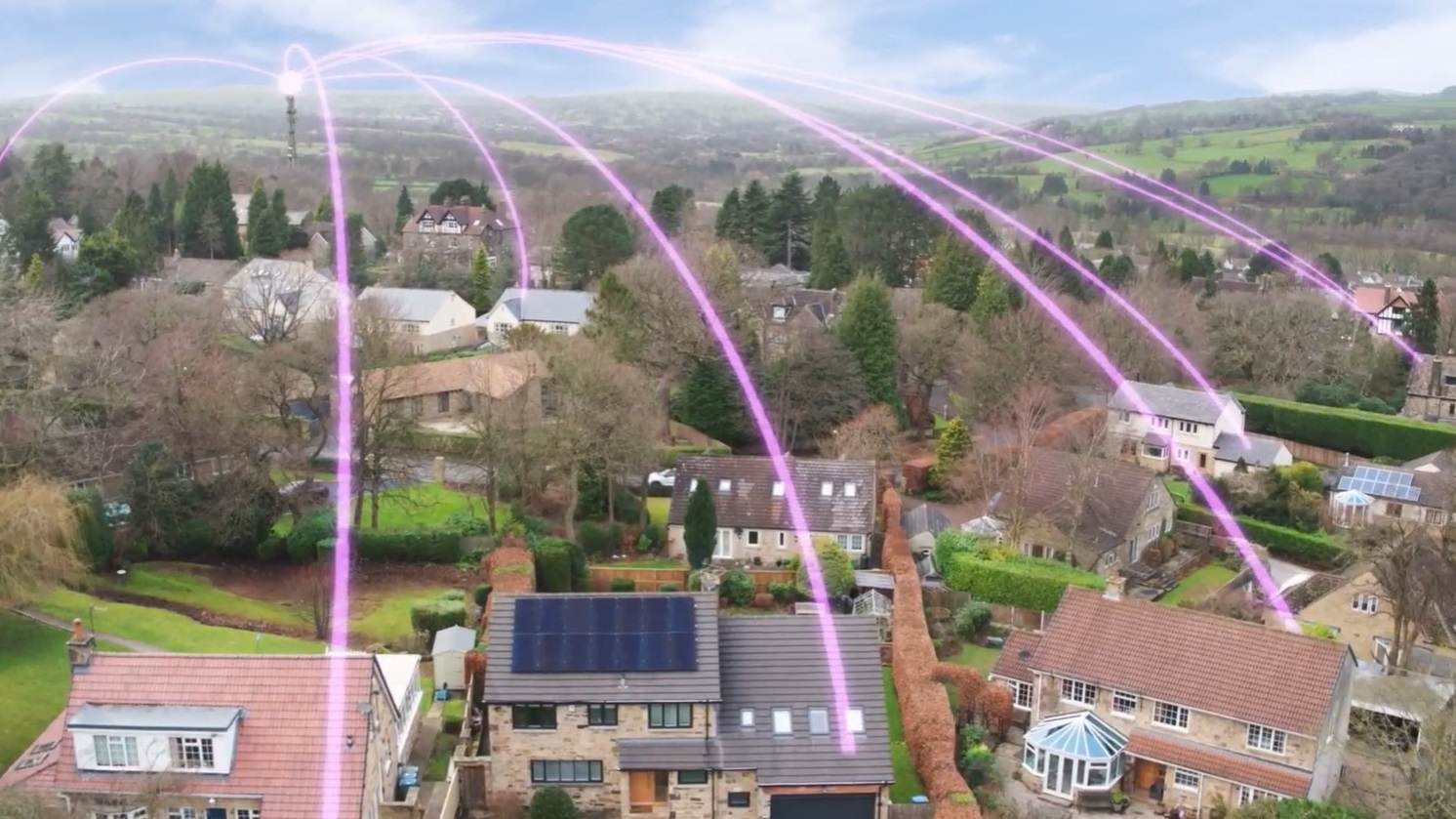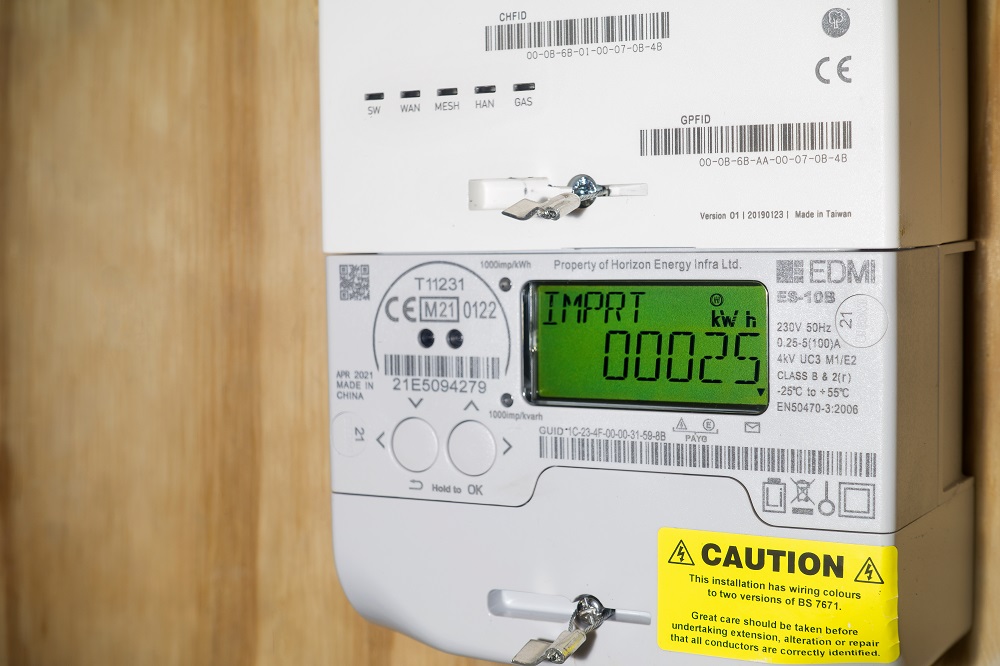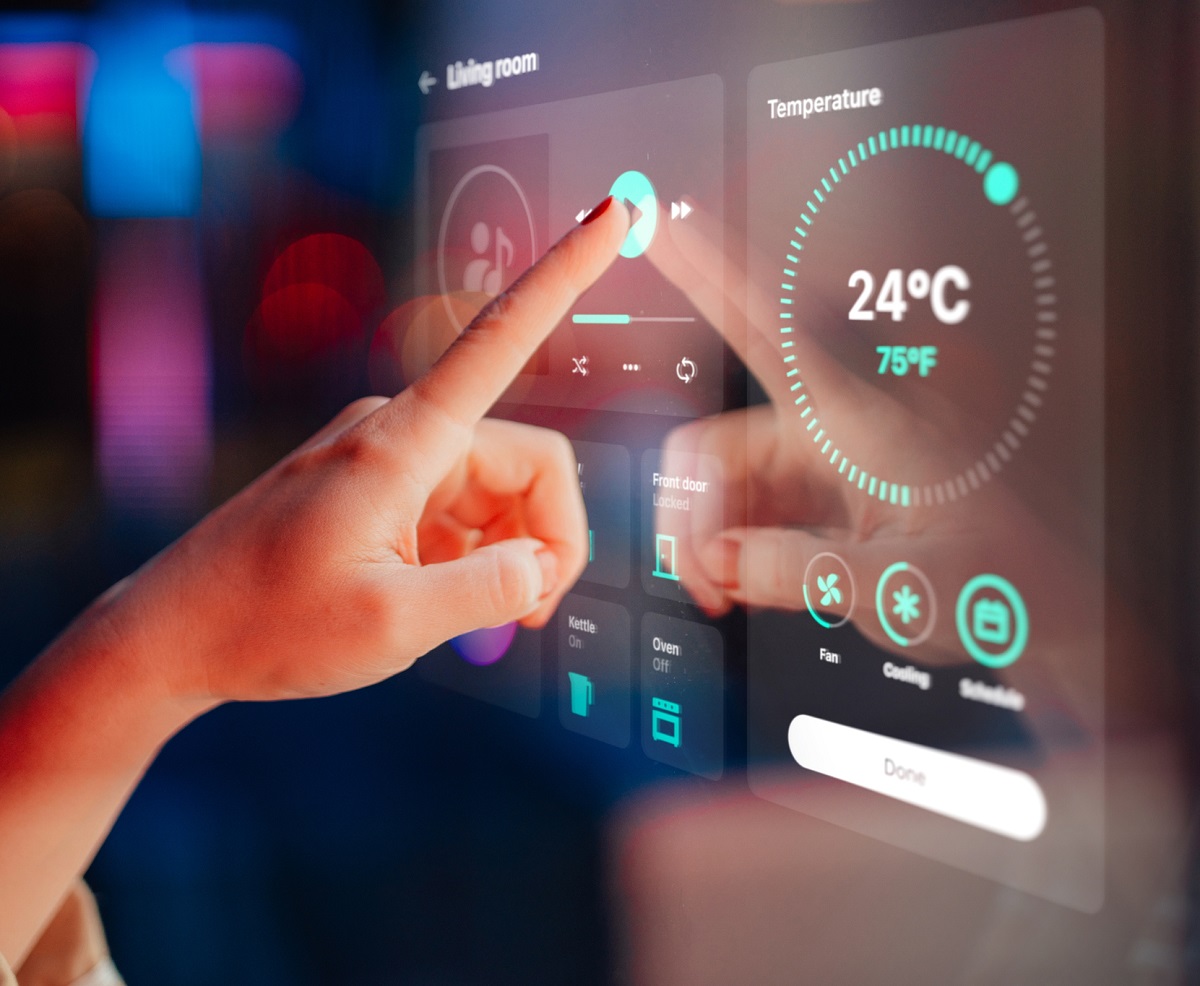What is the Demand Flexibility Service (DFS)?
The Demand Flexibility Service (DFS) is a revolutionary programme developed by the National Grid ESO, which operates the electricity system in England, Scotland, and Wales. This service was first introduced in the winter of 2022/23, and given the programme’s success, ESO launched it again on 1 November 2023. It offers an innovative way to manage and reduce electricity usage during peak demand periods, particularly over winter.


The Demand Flexibility Service (DFS) encourages consumers, both residential and commercial, to adjust their electricity usage times. Participants are financially rewarded for reducing electricity consumption during peak demand periods – for example, using a microwave instead of an oven, or delaying use of energy-intensive appliances like washing machines or tumble dryers until non-peak hours. This system is particularly beneficial when pressures on national electricity supply are at their highest, helping to reduce the need for electricity generated via fossil fuels to fill the gap, and reduce the costs of balancing the energy grid.
The Demand Flexibility Service (DFS) will run over 12 test events throughout this winter – plus live events if needed. The ESO will pay providers £3,000/MWh of ‘turn down’ for the first six of these tests.
What is the role of the DCC in delivering the DFS?
The Demand Flexibility Service (DFS) couldn't be delivered without the smart metering network – the programme needs access to accurate half-hourly meter readings during the specific energy savings time. The smart metering network enables flexibility and allows consumers to play an active role in reducing their usage and balancing the grid. This is a crucial part of the transition to Net Zero.
Throughout the design of the Demand Flexibility Service (DFS), the DCC has engaged with the ESO to offer full support, including investigating any outstanding issues with smart meter readings and exploring opportunities to speed up the roll-out in time for the DFS launch.

We proactively explored any potential impacts on our system, providing reassurance to the ESO that the new service would not cause issues with system capacity, new device participation, and surges in smart meter adoption. We also provided support during Demand Flexibility Service (DFS) implementation; worked across various DCC teams and with the ESO to resolve critical event issues; and had monthly meetings to discuss DFS performance and potential improvements.
Combined, these activities have helped the ESO to understand the operation of the smart metering system more fully, and the potential of our collaboration to help deliver a greener, cheaper and more resilient energy system.
Who is eligible to take part in the DFS?
To participate in the Demand Flexibility Service (DFS), consumers must have a smart meter and opt for half-hourly readings. This ensures accurate electricity usage measurement and fair incentives implementation. Additionally, their electricity provider must be registered with the service. A list of participating providers is available on the ESO's website.
Find out moreWhat are the financial benefits of the DFS to consumers?
Consumers benefit from the Demand Flexibility Service (DFS) in various ways – whether that is money off energy bills, vouchers or other forms of rewards from energy suppliers.
Payments are based on actual energy reduction, and there are no penalties for over or under-delivery. The Demand Flexibility Service (DFS) was highly successful in its first year and had positive consumer feedback. Over 1.6m households and businesses participated, with some businesses earning up to £8,000. The energy saved across last winter’s events saved enough electricity to power almost 50,000 homes for a week.
What is next for the DFS?
The Demand Flexibility Service (DFS), with the vital support of the DCC, represents a significant step towards a more sustainable and efficient energy system. It not only offers immediate financial benefits to consumers but also contributes to the larger goal of energy conservation and reduced carbon emissions.
As we are in the second run of the Demand Flexibility Service (DFS), it is crucial for consumers to understand the benefits and participate actively in this innovative program. We continue to engage with the ESO and promote the role of the DFS in building an active consumer in energy savings and reduction to the grid.

How can consumers take part?
Not all electricity providers have signed up to take part in the scheme. Consumers supplied by a participating supplier, and with a smart meter sending half-hourly readings should contact their supplier for more information.
- Featured

How to get a smart meter
From the installation process to the different types of smart meters and much more – here’s everything you need to know about getting a smart meter.
Read moreFurther reading



